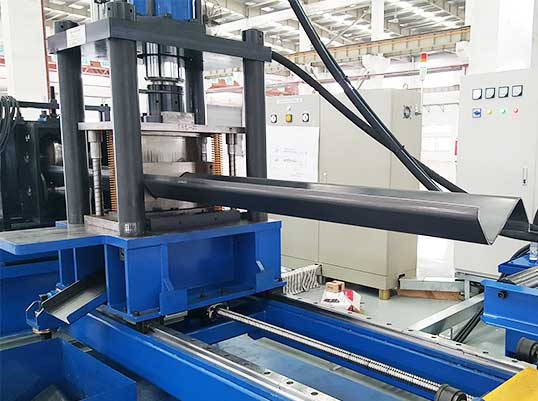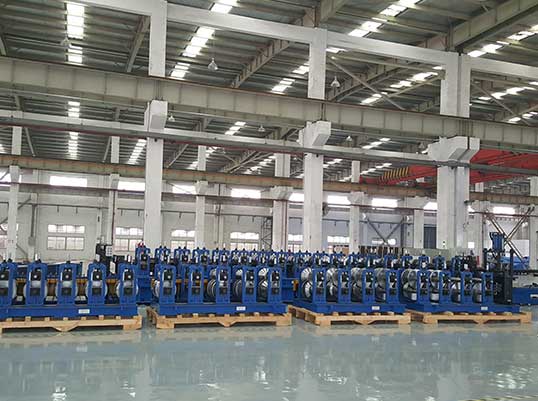Navigation Menu
Contact Us
- Email:
- info@wxavatar.com
- Address:
- Yurong Village, Yuqi Street, Huishan District, Wuxi, China.
Release Date:Jun 12, 2025 Visit:73 Source:Roll Forming Machine Factory
Investing in machinery for manufacturing solar panel stands requires careful consideration to ensure operational efficiency and product consistency. A well-selected roll forming machine can significantly impact production output and long-term viability. So, when evaluating options, what essential features should one prioritize?

One fundamental aspect is the machine's structural integrity and build quality. A robust frame and precision-engineered components are crucial for sustained performance. Machines constructed with high-grade materials and solid welding will minimize vibration during operation, leading to more accurate profiles and a longer service life. Examining the material specifications of the forming rollers themselves is also important, as these directly influence the lifespan of the tooling and the quality of the finished product.
Another key feature relates to profile accuracy and consistency. The machine should be capable of producing profiles with tight tolerances, ensuring that all components of the solar stand fit together precisely. This often involves advanced tooling design and sophisticated adjustment mechanisms. Look for systems that allow for fine-tuning of the forming stages to achieve the desired dimensions and straightness, minimizing material waste and rework.
Operational flexibility and material handling capabilities are also critical. A versatile machine can handle different material thicknesses and widths, allowing for adaptation to various project requirements. Features such as adjustable guide rollers and quick-change tooling systems can significantly reduce downtime when switching between different profiles or material specifications. The efficiency of the material feeding and cutting mechanisms should also be assessed, as these directly impact the overall production rate.
Furthermore, the control system and automation level play a significant role. Modern solar stand roll forming machines often come equipped with programmable logic controllers (PLCs) and intuitive human-machine interfaces (HMIs). A well-designed control system allows for easy programming of production parameters, monitoring of the process, and diagnosis of any operational issues. Automation features, such as automatic length cutting and batch counting, can enhance productivity and reduce the need for constant manual intervention.
Finally, consider the ease of maintenance and availability of technical support. Machines that are designed for straightforward access to key components for routine maintenance will contribute to consistent uptime. The reputation of the manufacturer regarding spare parts availability and responsive technical assistance is also a practical consideration for ensuring continuous operation and addressing any unforeseen challenges.

By focusing on these core features – structural robustness, profile precision, operational adaptability, advanced control, and ease of maintenance – businesses can make informed decisions when selecting a solar stand roll forming machine, ultimately contributing to efficient and reliable production.